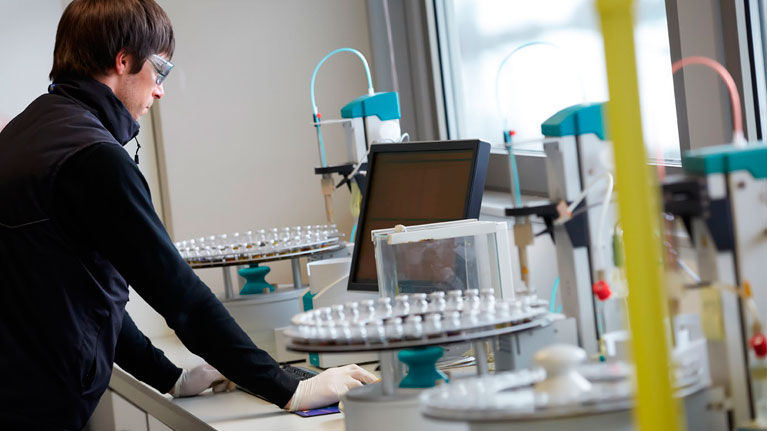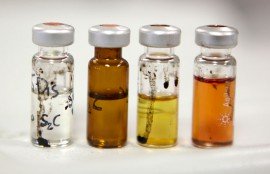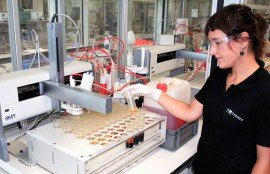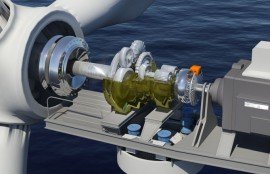
Figure. Equipment for detecting water with Karl Fischer coulometric
The contamination of lubricating oil in gas engines with water affects both the lubricants themselves and the machine.
In some industrial sectors, water can be much more damaging than contamination with solid particles and, on many occasions, the main cause of failure in components is not considered.
However, the presence of humidity may have significant negative effects on production and machinery.
Some additives can be extracted from the oil by the aqueous phase, which results in the oil losing properties. Others can be destroyed due to chemical reactions with the water (oxidation and hydrolysis).
Water encourages the oxidation of the base oil, increasing the risk of sludge and varnishes forming. It can also provoke rusting and corrosion on the surfaces of the machinery and reduce the lubricant film.
In order to analyse the water content in gas engine oils, the Karl Fischer method is recommended.
This type of analysis, which determines humidity in industrial oil, has advantages such as high accuracy and precision; selectivity for the water; only small sample quantities required; easy preparation of the sample; short duration analysis; almost unlimited measuring range (1ppm to 100%); usefulness for the analysis of solids, liquids and gasses; independence of the presence of other volatile compounds.
Lubrication Management recommends analysing whether the gas engine lubricating oil contains water using the ASTM D 6304 Content of water by K.F. (ppm) analysis to keep the engines in the best working conditions.





